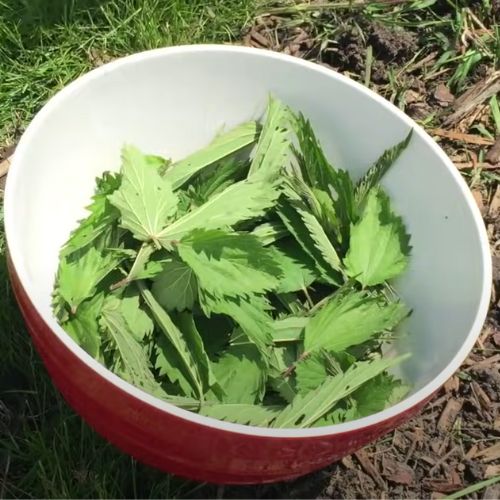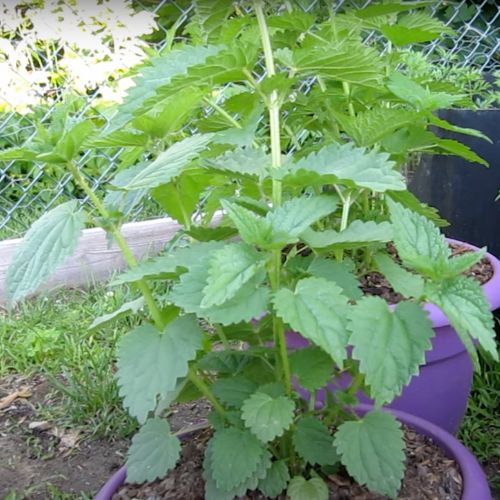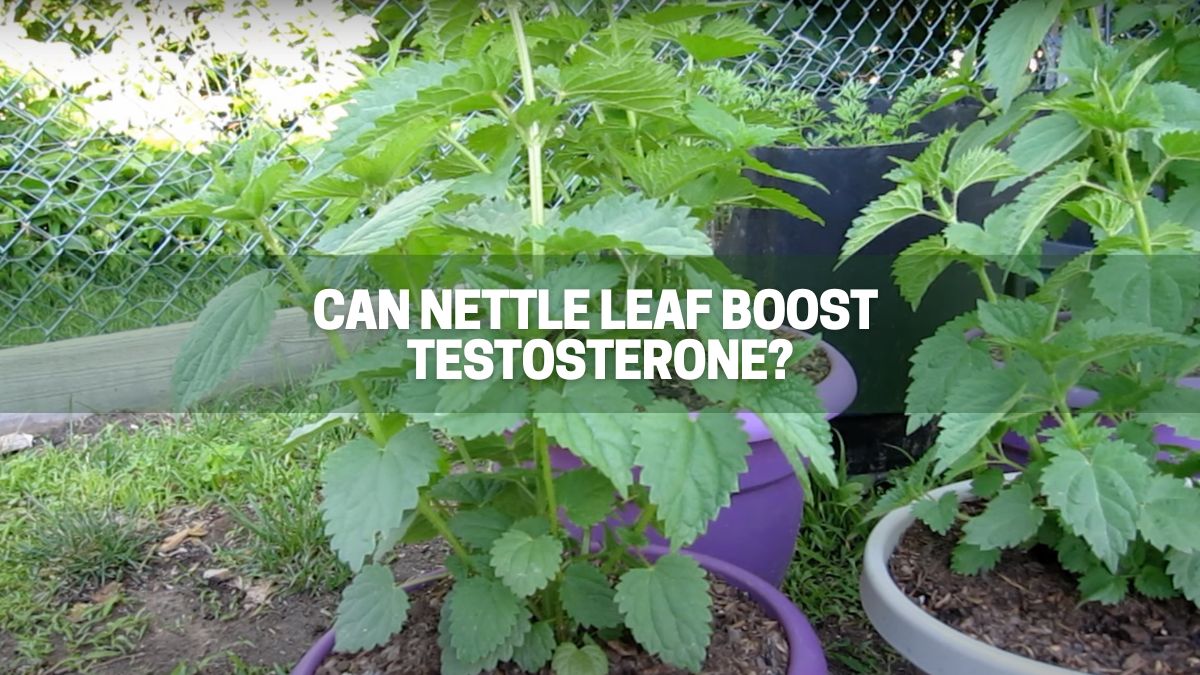Our bodies are complex machines, and answering a question with a simple “yes” or “no” just isn’t possible. For instance, we all know that diets are a double edged sword–with millions both succeeding and failing every year.
When a reader saw that Nettle Leaf and Root were on 3 of my top 5 testosterone boosters, he sent me a simple question: so does Nettle leave work? I started writing him a quick reply, and realized my answer wasn’t a quick “yes” or “no,” and this article was born.
What you need to know
What the Science Doesn’t Say
In some of the studies I’ll present we’re going to get into the nitty-gritty. But before we do, we can say one thing with a fair degree of certainty: no credible source or study has found that Nettle leads to more testosterone production. Unlike some substances, like Boron, the effects of Nettle are secondary.
Another thing we’ll get out of the way, now, I won’t be sorting through the dozens of articles and studies dealing solely with benign prostatic hyperplasia (BPH), or enlarged prostate. A lot of ink has been spilled over 5-alpha-reductase and dihydrotestosterone (DHT), enlarged prostates and what it all means for testosterone. The fact is that most research into these fields are narrowed to the prostate–when they do mention testosterone, it’s usually to say there’s no effect.

What the Science Does Tell Us
We’ll cover two actions that Nettle Leaf and Root can take in our bodies, but before we do, I’ll cover very briefly what each of these mechanisms is.
Aromatase–the Testosterone Thief Anyone who has had the misfortune to know someone with breast cancer may have come across the word aromatase. The process is simple, straightforward, and devastating. It’s as plain as this: an enzyme called estrogen synthase converts the testosterone in your blood into estrogen. A double whammy where you get less of the hormone you want, and more of the one you don’t.
Sex Hormone Binding Globulin (SHBG) This is a simple mechanism by which “free” testosterone binds to red blood cells for a free ride through the body. In healthy males, the SHBG lets go of the testosterone when it gets to a cell that needs it, like muscles or bones. When things go bad, the SHBG deposits the testosterone to places like the prostate, causing cancer, or doesn’t let go of the testosterone at all.
Stinging Nettle and Aromatase
The first indication that we have for Nettle and testosterone comes from Germany, and it’s many years old. It’s become the basis for nearly all Nettle-testosterone research since. In their findings, they found that the active components left in Nettle after distilling into a liquid base were powerful aromatase inhibitors.
This research led to two decades of data verification, and in 2012, the European Medicines Agency officially added aromatase inhibition to the data sheet for Nettle Leaf and Root. And just in the last year this has been put to laboratory tests, where breeding quails have seen greater fertility outcomes using the aromatase inhibition of Nettle.

Nettle and SHBG
Much later, the effects of Nettle on SHBG were studied, as it was shown that Nettle improved enlarged prostate issues, but had no change on testosterone. Researchers hypothesized that it might be because there was a relationship between SHBG and Nettle–and in fact there is. And just like with aromatase, it is the water-solution of Nettle that has the best effect on SHBG. And what was the effect? It prevented testosterone from binding to red blood cells–meaning that there’s more “free” testosterone in the body.
These findings have very recently been proven in the lab, with molecular analysis showing that a compound within Nettle (divanillyltetrahydrofuran, or DVT) actively separates testosterone from SHBG.
Conclusion
While there’s no credible evidence that Nettle actually enables your body to produce more testosterone, it does perform two important functions that can increase your available, or free testosterone. First, it can prevent your body from turning it into estrogen; and second, it can actually liberate bound testosterone for use in other cells.
This is good news for anyone looking at Testo-Max or Testogen, specifically if you’re worried that aromatase or SHBG are preventing your use of free testosterone.


My husband has stage 4 kidney disease n he takes testerone shots every two weeks. He is also anemic. Can he drink a cup of nettle tea a day or will it interfere with the shots. I read that nettle yea is great for the kidneys.
Hi Glenna,
Sorry to hear about your husbands disease. It’s good that you’re looking for ways to help your husband’s health, but, since he has an illness and is also taking medicine, he should ask his doctor before trying new things like nettle tea. The doctor knows his situation best and can say if the tea is safe for him.
All the best,
Sam
Thank you for that concise article. Always knew nettles were good but here’s another reason to enjoy my nettle tea. Every day is a learning day 🙂
I do appreciate and certain that much research effort and experience went into this article. So thank you.